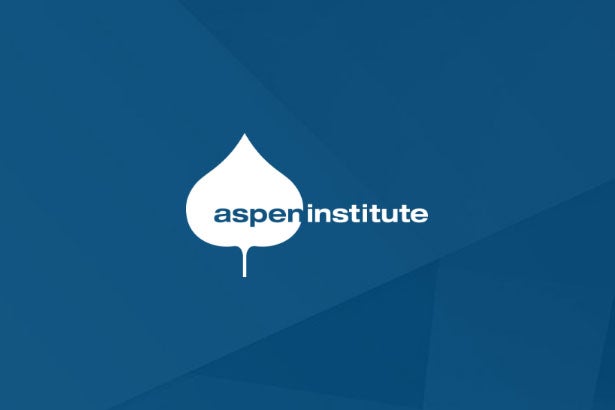As transformative reforms like the Common Core State Standards and educator evaluation roll out amidst a rapidly changing demographic landscape, the need for getting high-quality research on timely topics into the hands of practitioners grows all the more urgent. While rigor and relevance need not be a question of “either/or”, but rather an instance of “both/and,” there’s a tension between the timeline of traditional research and the fast-paced change of education reform that policymakers need to address. Moreover, reconciling rigor and relevance does not in itself ensure access to and use of research by practitioners: How can federal policy better calibrate the current rigor-relevance balance in education research and improve meaningful uptake by the field?
Leveraging Learning contributes to that discussion with a series of essays, infographics, and briefs that outline the current federal landscape of education R&D and envision its future. Featured essays and briefs:
Strengthening the Education Sciences Reform Act: Fostering Innovation and Efficiency through Mechanism Experiments, Timothy Knowles & Jens Ludwig, University of Chicago
Strengthening the Use and Usefulness of Education Research, Vivian Tseng, William T. Grant Foundation
A Brief History of Federal Efforts to Improve Education Research, Nancy Kober, Freelance Reporter & Consultant
New Directions in Education Research: The Federal Role, Robert E. Slavin, Johns Hopkins University
The Evidence-based School District: A Make-Believe District with a Real-World Mission, Michael J. Petrilli, Thomas B. Fordham Institute
Why We Need a DARPA for Education (ARPA-ED), U.S. Department of Education (working draft)


